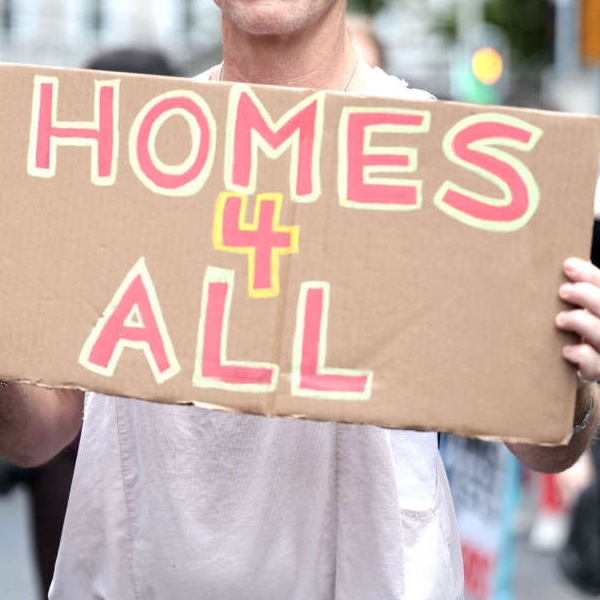
In Kildare, 170 people were homeless in July, compared with 168 in August.
The latest homelessness figures show little change across the Mid-East region between July and August.
In Kildare, 170 people were homeless in July, compared with 168 in August.
Meath recorded 296 people in July and 312 in August.
Wicklow’s figure remained unchanged at 93 in both months, though that was up from 86 in June.
In total, 573 people were registered as homeless across the Mid-East region in August - around 5% of the national figure.
The figures come as local Cllrs call for greater clarity around how emergency homeless accommodation is allocated in the county, with Kildare County Council outlining the procedures, legal criteria and current capacity available across its services.
How the system works
During working hours (Monday to Friday, 9am–5pm), the council’s Homeless Team carries out assessments. If a person or family is deemed homeless, temporary accommodation is supposed to be arranged.
Outside office hours, the council operates a Freephone service in partnership with the Peter McVerry Trust.
This service runs from 5pm to 9pm on weekdays, and from 12 noon to 5pm at weekends.
Where no accommodation is available for a household, efforts are made to secure an emergency placement for that night.
The household must then present to the council the following working day for a full assessment.
Legal criteria
Eligibility is determined under Section 2 of the Housing Act 1988.
A person is considered homeless if they have no accommodation they can reasonably occupy, or if they are living in an institution such as a hospital or shelter because they have no alternative housing - and cannot secure accommodation from their own resources.
Current capacity
The council provides supported emergency accommodation across several sites:
Kerdiffstown, Naas - 50 beds
Newbridge - 20 beds
Athy - 11 beds
Additional capacity is created during the winter months through a Cold Weather Initiative, which adds 20–25 temporary beds.
There are also a number of transitional and specialist facilities:
Jigginstown Manor, Naas - 12 studio apartments for young adults (18–30) at risk of homelessness.
Osberstown Cottage, Sallins - a 5-bed shared facility for women, operated by Dublin Simon Community.
Family hubs - two hubs, in Athy and Prosperous, with capacity for 11 families, generally operating at full occupancy.
Transitional units - 24 units spread across the county’s five municipal districts.
Where supported or transitional accommodation is full or unsuitable, the council relies on hotels and B&Bs.
Availability fluctuates daily and is managed through the Freephone service.
Councillors Chris Pender (SD) and Claire O' Rourke (SD) say it is vital that both elected representatives and the public understand how the system operates, particularly at a time when demand is high and emergency resources are under pressure.
To contact the Kildare County Council's homeless team, call 045 980 230.



 Kfm Obituary Announcements (Saturday)
Kfm Obituary Announcements (Saturday)
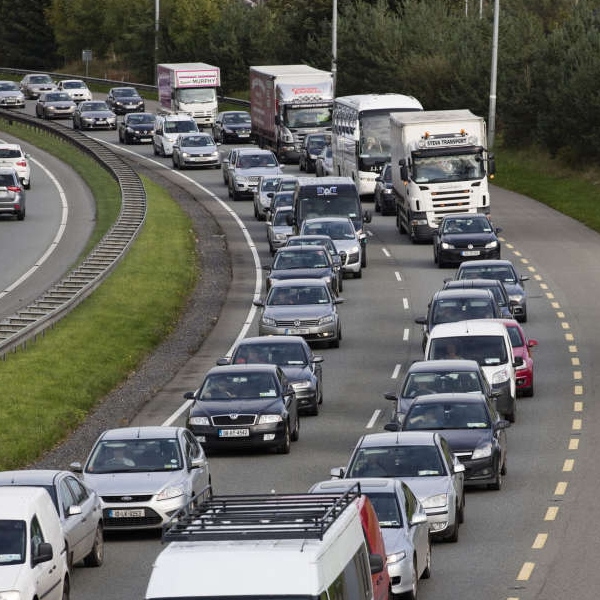 Sharp Rise In M9 Collisions With Garda Call-Outs Up Year-On-Year
Sharp Rise In M9 Collisions With Garda Call-Outs Up Year-On-Year
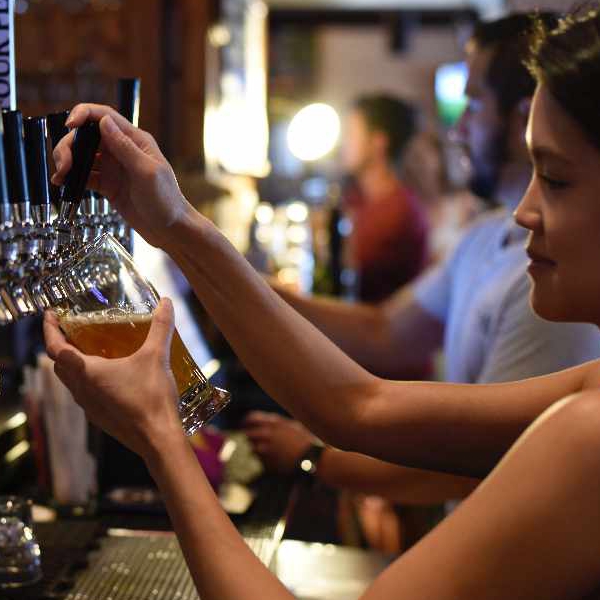 Councillor Seeks Clarity On How Often Nightclubs and Late Bars In Naas Are Inspected For Fire Risks
Councillor Seeks Clarity On How Often Nightclubs and Late Bars In Naas Are Inspected For Fire Risks
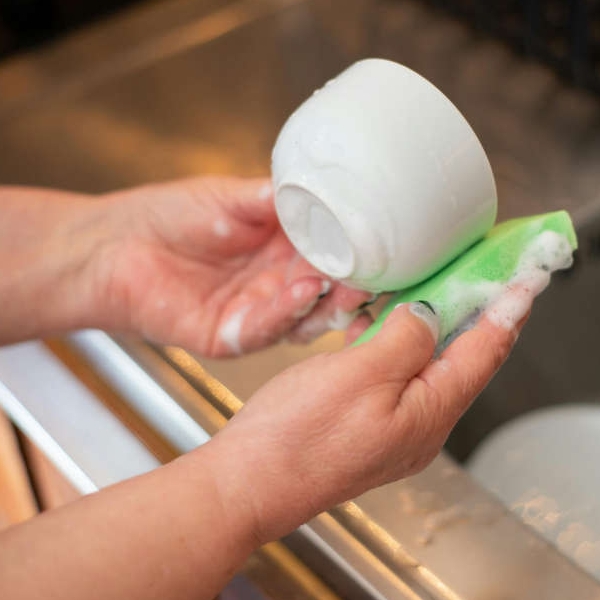 Unpaid Eight-Month Work And Training Placement For Adults With Disabilities Branded "Extremely Unfair"
Unpaid Eight-Month Work And Training Placement For Adults With Disabilities Branded "Extremely Unfair"
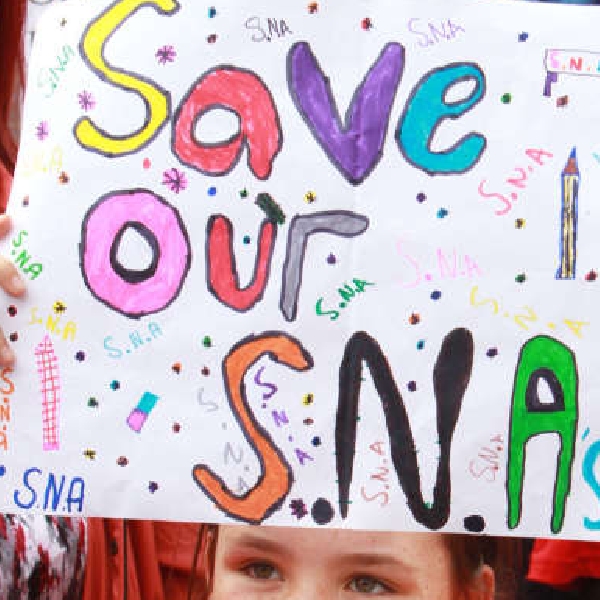 Department Of Education Defends Kildare SNA Cuts Amid Claims Of Reduced Need At Some Schools
Department Of Education Defends Kildare SNA Cuts Amid Claims Of Reduced Need At Some Schools
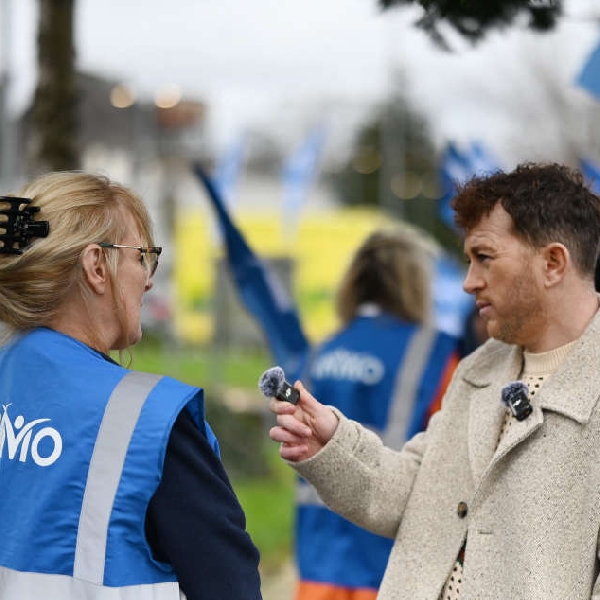 Naas Nurses Threaten Escalation As Staffing Row Deepens
Naas Nurses Threaten Escalation As Staffing Row Deepens
 Driving Tests Face Disruption As RSA Testers To Strike Next Week
Driving Tests Face Disruption As RSA Testers To Strike Next Week


